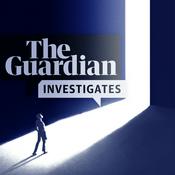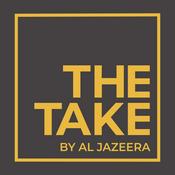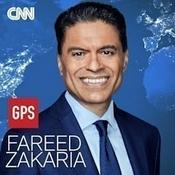884 episodes
More News podcasts
Trending News podcasts
About Daniel Davis Deep Dive
Analyzing War, National Security, Politics & Foreign policy. 4x Combat Deployer. Unintimidated & Uncompormised. Danniel Davis is a Bronze Star Medal for Valor in Iraq + Bronze Star for Service in Afghanistan. He has a deep love for America. He remains Unintimidated + Uncompromised.
Podcast websiteListen to Daniel Davis Deep Dive, The Rest Is Politics and many other podcasts from around the world with the radio.net app

Get the free radio.net app
- Stations and podcasts to bookmark
- Stream via Wi-Fi or Bluetooth
- Supports Carplay & Android Auto
- Many other app features
Get the free radio.net app
- Stations and podcasts to bookmark
- Stream via Wi-Fi or Bluetooth
- Supports Carplay & Android Auto
- Many other app features


Daniel Davis Deep Dive
Scan code,
download the app,
start listening.
download the app,
start listening.































